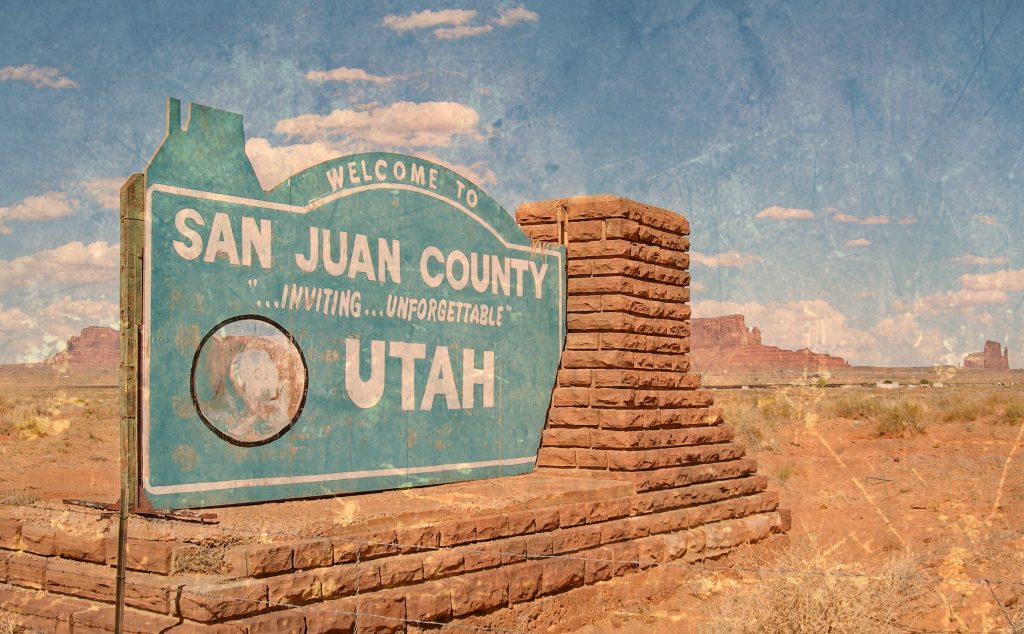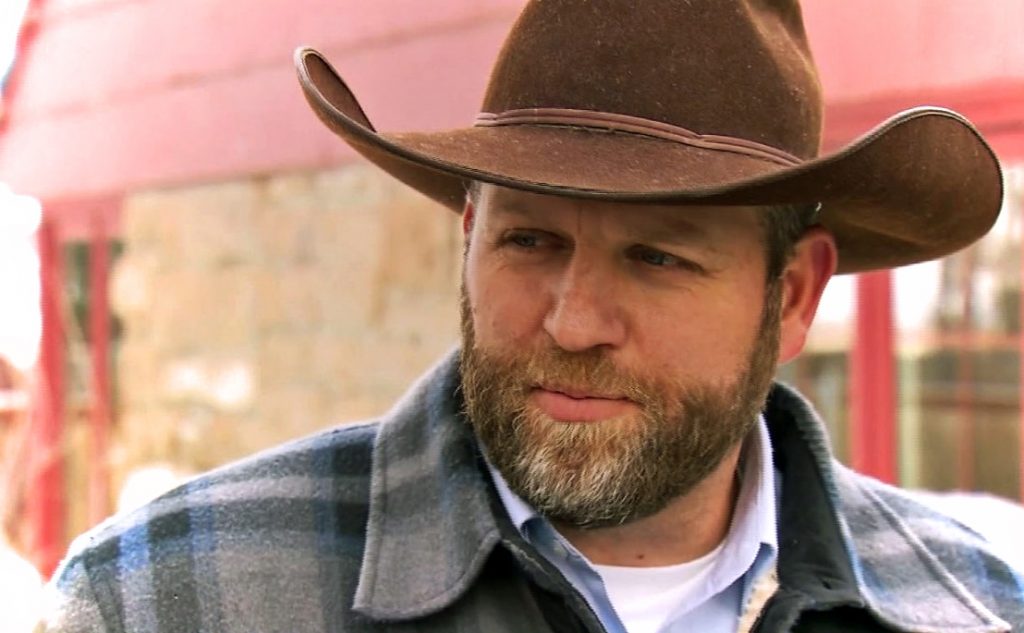It is a perennial issue in the West, because access to national forests, parks, wildlife refuges, and BLM land sometimes requires crossing private land. That means relationships between those landowners and the federal agencies is delicate, and vital.
Greg Walcher
Respect, just a little bit
The new Administration has reassigned several federal land managers to positions in other regions, or even in other agencies. The Bureau of Land Management’s Colorado State Director, for example, was transferred to the Bureau of Reclamation. Some reports about the “shakeup” have implied that it is unusual, a few even calling it unprecedented, though in fact it is common for new Administrations to make significant changes.
What is noteworthy this time is that some of the transfers signal an important shift in the federal approach to private property rights. That’s because some of the officials being transferred are people who have created very prickly relationships with local communities and landowners. Several have become lightning rods in a highly-charged debate about how the government should deal with landowners whose property is adjacent to public lands. The issue is especially relevant in places like Western Colorado, where the federal government owns most of the land on which people hunt, fish, hike, and ride.
One particularly high-profile example is the transfer of the Forest Service’s Yellowstone District Ranger, Alex Sienkiewicz, who became the public face of a radical new authoritarian approach to the private land access issue. He is being transferred because the firestorm he ignited made waves all the way to the office of the Secretary of Agriculture and the halls of Congress.
It is a perennial issue in the West, because access to national forests, parks, wildlife refuges, and BLM land sometimes requires crossing private land. That means relationships between those landowners and the federal agencies is delicate, and vital.
All through the decades I spent on Capitol Hill, at Club 20, and at the Colorado Department of Natural Resources, we continually sought cooperative and creative ways to gain public access across private land in ways that also worked for the landowners. Agencies often purchased easements, and sometimes landowners donated them. Agreements depended on the good will of both sides, especially the landowners. I know landowners who willingly partnered with the government to allow easements across their property, helped with similar easements across neighboring land, and in a few cases even paid for the required environmental assessments, which are expensive. In several cases, landowners also helped finance construction of the trails and roads, sometimes in exchange for tax benefits or protection from endangered species enforcement, but more often because they just wanted to be good neighbors.
Terry Anderson, a fellow at Stanford University’s Hoover Institute, wrote an excellent column recently, recalling the long-standing mantra of the Fish and Wildlife Service regarding access to private lands: “Ask First. It’s the right thing to do.” That was the basis of civility in such relationships for generations, but Anderson reminds us of it because it has NOT been the rule for the past eight years.
[wp_ad_camp_1]
Mind you, it is debatable whether landowners’ permission is always required, because people can obtain a “prescriptive easement” (a right by use) where roads and trails have been commonly used over a long period of time. Environmental lawyers have sometimes litigated that point, but cooperating with landowners to protect everyone’s interest just seemed like the better approach. That is, until the Obama era, when the government decided to push the envelope. That’s when the Yellowstone District Ranger articulated the new policy, admonishing colleagues: “NEVER ask permission to access the National Forest Service through a traditional route shown on our maps, EVEN if that route crosses private land. NEVER ASK PERMISSION… By asking permission, one undermines public access rights and plays into their lawyers’ trap of establishing a history of permissive access.”
As Anderson explains, “centuries of legal practice… have required that individuals or agencies wanting to establish prescriptive easements must prove that access was continuous, open, and hostile to the owner. In other words, the access must be without expressed permission by the landowner.” It has always been difficult, of course, to prove that the landowner had denied permission, since they could presumably have stopped it any time they wished. So federal claims to prescriptive easements across private land have created legal battles that were expensive, time-consuming, and mostly unproductive.
Not all landowners are great neighbors, of course, and some consistently deny public access. But a cooperative approach that treats them as partners has proven more productive than government demands and lawsuits. Private property is at the heart of America’s founding principles. Thus, the new Administration’s policy reversal is welcome news to landowners, who might feel less like Rodney Dangerfield (“no respect”) and more like Aretha Franklin (“just a little bit”).
Greg Walcher is president of the Natural Resources Group and author of “Smoking Them Out: The Theft of the Environment and How to Take it Back.” He is a Western Slope native.
Free Range Report
[wp_ad_camp_3]



